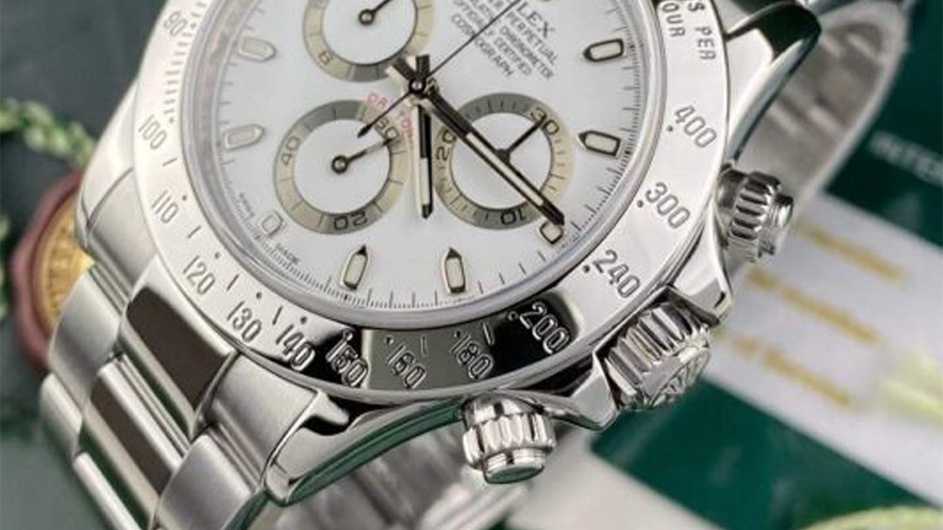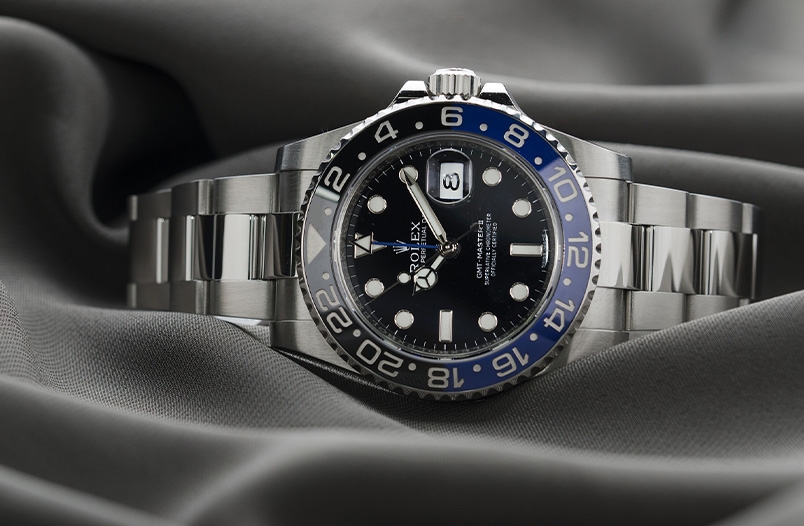Watch Polishing – The Good, The Bad & The Ugly
It’s funny how questions from our customers seem to go in cycles. “Has it got box and papers?” or “Is it a UK watch?” are both questions that we will get asked dozens of times over the course of a few months. Then they seem to fade away to be replaced by a different regular question.
Usually, these questions are pretty straightforward. However, the current most popular question of choice bears looking at a little more carefully. That question is….
“Has it ever been polished?”
Now there are those of you out there who are actually looking for a completely factory fresh, unpolished Rolex 5513 from 1968. You know that this watch will take you years to find and that you may never ever find or own it. You also know that if you do find it you could pay twice as much for it as you would for even the best polished examples out there.

I would suggest that for the other 98% of people reading this article a more appropriate question might be:
“Has it been badly polished or overpolished?”
The majority of luxury watches are made of either very shiny stainless steel or even worse, 18 carat gold. No matter how careful you are when wearing these watches, they pick up tiny little marks here and there. I’m not talking about big dings or dents, that’s damage which is usually caused by carelessness. I’m talking about little scratches and marks.
So if you’re online looking at pictures of a preowned watch which is shiny and 99% unmarked then you can be pretty sure that it has been polished. In short, just about every preowned watch that you are considering buying has been polished; and the thing is, there is absolutely nothing wrong with that whatsoever.
The thing that we all need to be careful of, that’s me too, is bad watch polishing. Whether done to deal with big marks that can’t be removed any other way or just through sheer carelessness and lack of skill, over polishing a watch will spoil it for ever and it’s effects are impossible to reverse.
Over Polishing – Spot the signs
The most common effect of over polishing is the general loss of sharp edges and crispness to the case and the first two photos above are of fairly extreme cases of watches that have had their definition polished away. This is usually because the watch has received a knock which can only be taken away by removing large amounts of the surrounding metal, bringing it down to the level of the dent and simultaneously losing the true shape of the case for ever.
The second, rarer and slightly more subtle effect (but once you’ve seen it, you can’t unsee it) comes from the application of too much pressure and associated heat during watch polishing. This can have an adverse effect on the lustre of stainless steel, not only changing the way that it shines but also its colour too.
If you look carefully at the lugs of the Submariner and Daytona in photos one and two you will see that they are soft and the Daytona has a colour and lustre to it that just isn’t right. Compare them to the last two photographs in the series and you will see that they are just too smooth and too shiny. It may be difficult to spot initially but as I said, once you’ve seen it, you can’t unsee it.
The last two photographs are of Rolex that we have sold recently. They are both world-class examples with crisp, sharp cases which have been worn carefully for years, never suffering any damage. They have also both been very skilfully and carefully polished to remove the tiny marks that are inevitable for even the most carefully worn watch.
In Conclusion
Unless you are a collector who is really looking for an unpolished example, can I recommend that you don’t get too hung up on whether a watch has been polished? Better to expect and accept that it has been and as long as it’s been done well, don’t worry about it.
We hope you enjoyed our blog, you can find lot’s more useful advice and information in our Insights Section.



